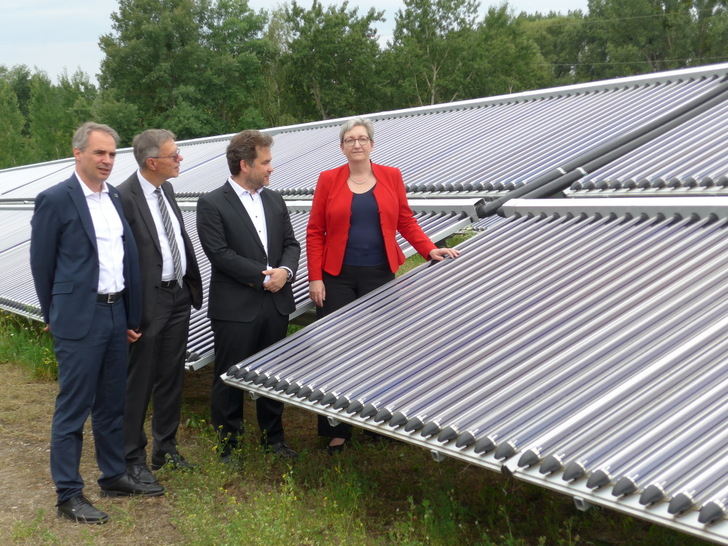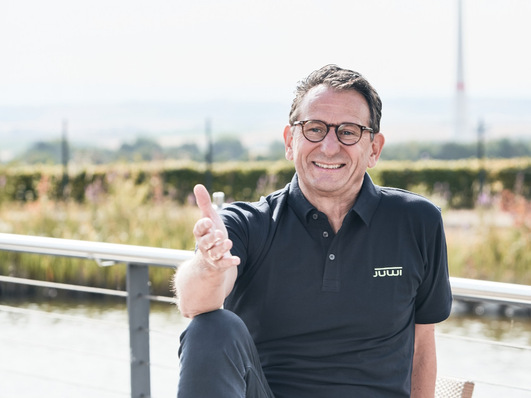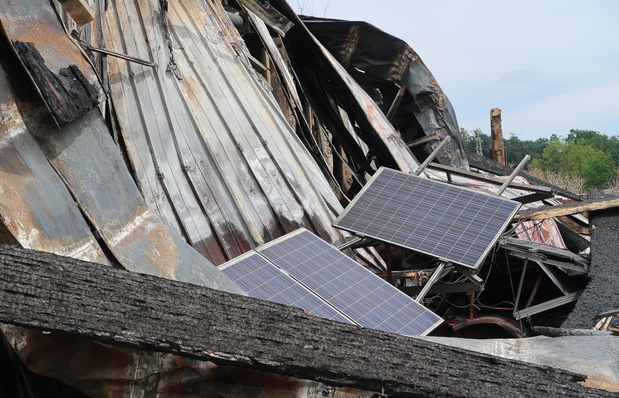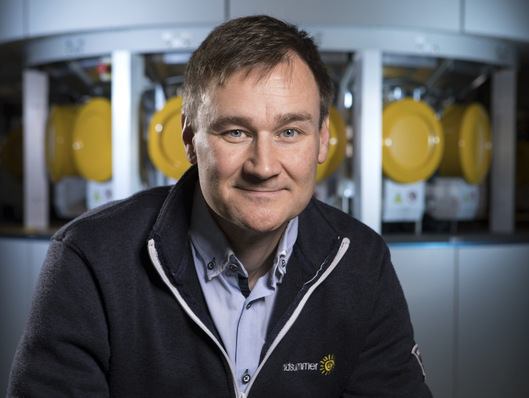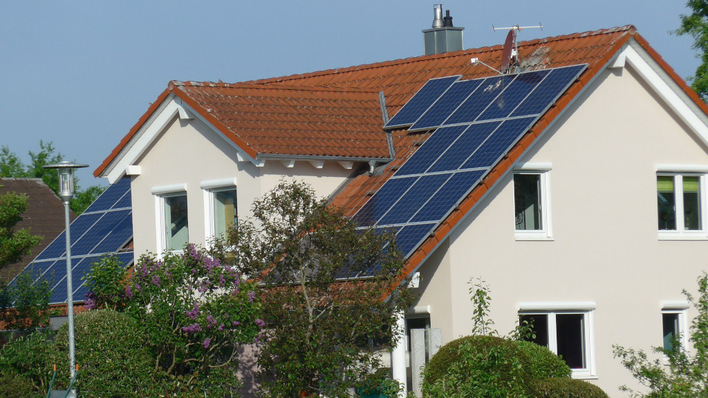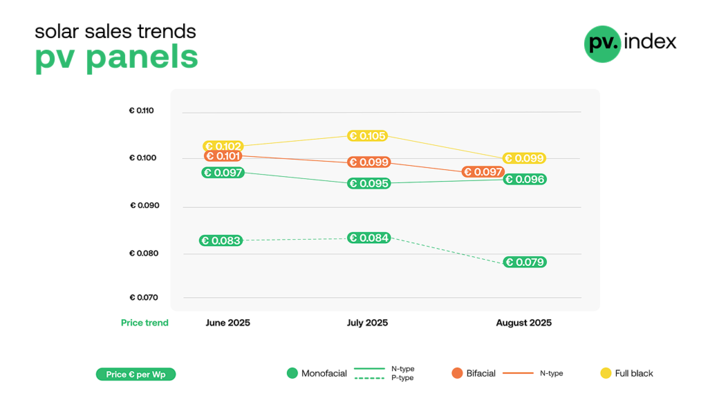"The solar power plant has exceeded our expectations and integrates excellently into our heating network. We are pleased to be able to use it to supply tenants with affordable and climate-friendly solar energy," said Eckhard Veil, managing director of Energie und Wasser Potsdam (EWP) on Thursday. "In the future, we will increasingly use solar heat, solar power and other renewable energies for heat and power supply," Veil emphasized.
Since December 2019, EWP has been operating one of Germany's largest solar thermal plants on the site of a former coal-fired combined heat and power plant. The gross collector area de 1,044 vacuum tubes is 5,157 square meters. This gives the plant an output of 3.1 megawatts, and approximately 2.3 gigawatt hours of heat are generated annually and fed into the municipal grid.
Generation costs of 5 cents/kWh
Nationwide, the generation costs of solar thermal power plants are around five euro cents/kWh; no specific local figure was given. The large-scale solar thermal plant on the outskirts of Potsdam saves 488 tons of CO2 per year. However, on an annual average, it covers only 1.5 percent of the district heating requirements of the municipality, which has a population of around 180,000. EWP operates a heating network of around 200 kilometers, and around 65 percent of Potsdam's residents are connected to the heating network.
One hurdle to the planned further expansion of solar thermal energy for local heat supply is suitable land, Veil emphasized. Appropriate open spaces that are suitable for a grid connection are rare, he said, and rooftop systems are not so easy to realize in the necessary size. Especially on existing buildings, there are static problems, among other things.
Necessity of further CHP plants – powered by green gases
Veil also sees great potential for decarbonized local heating in Potsdam in geothermal energy and in the thermal use of environmental heat from water. However, no plants have been realized to date. In the area of biomass, there is no significant additional utilization potential, said René Elgert, project manager at Stadtwerke Potsdam. He also takes a rather critical view of grid-connected heat generation via photovoltaics (Power2Heat), among other things for cost reasons.
In any case, Veil took up the cudgels at the press conference for the necessity of further CHP plants, which, however, would have to be operated with green gases in the future. Preliminary plans are currently underway in Potsdam to replace a combined cycle power plant from 1994 with a corresponding fossil-free CHP plant. A coal-fired CHP plant that has been in reserve since the mid-1990s is currently being completely demolished.
However, Veil emphasized that necessary investments - exacerbated by the current gas crisis and stricter climate targets - are not easy to make. The mayor of Potsdam, Burkhard Exner (SPD), also emphasized the precarious financial situation of the municipal utilities and called for a protective shield. (hcn)
Did you miss that? Lithuania: Innovative project combines PV and geothermal


